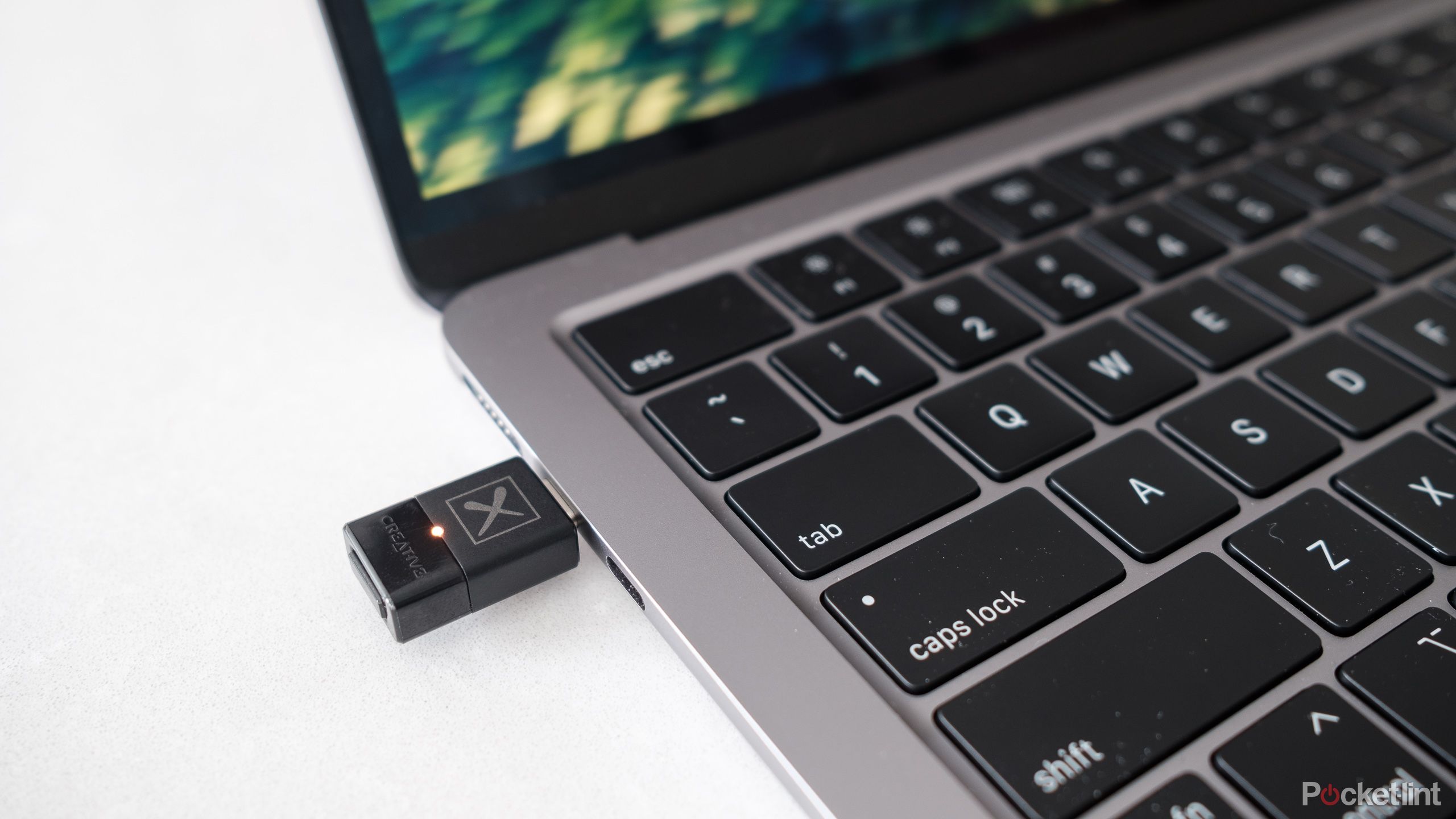Key Takeaways
- Apple is abandoning USB-A ports on Mac mini, signaling a shift towards USB-C.
- Transition to USB-C aligns with faster speeds and improved power delivery.
- Moving on from USB-A allows for more compact designs and broader compatibility.
The latest word from Bloomberg‘s Mark Gurman is that Apple is going to abandon USB-A ports on the next Mac mini. Initially that may not seem like a big deal, but really, it’s a shot across the bow. MacBooks and iMacs are already firmly in the USB-C camp — so soon, the only Macs with USB-A connections could be the Mac Studio and Mac Pro. Those will probably make the switch too in their next refreshes rumored to arrive later this year, consigning USB-A to the dustbin of history, as far as Apple is concerned.
Some people may bemoan USB-A’s extinction — including a few of my colleagues at Pocket-lint — but personally, I’m all in favor of the transition. It’s not only logical, but inevitable and overdue. There’s a certain irony even, given Apple’s history.
The future of ports: moving beyond USB-A
It’s finally time to let go of the ancient USB-A port
Apple
Apple helped to pioneer USB-A. The original iMac, launched in 1998, was one of the first computers to adopt the standard, abandoning the serial and parallel ports that had been common up until that point. The company would later become an eager adopter of USB-C, having had limited traction with other high-speed formats, namely FireWire and non-USB versions of Thunderbolt. Video editors and other power users loved them, but not so much the general public.
Holding on to USB-A not only betrays a formerly forward-thinking attitude, it’s archaic. USB-C has been around for over a decade, and USB-A can’t achieve the 20Gbps speeds that’ve been possible with USB-C since 2017, let alone the 40Gbps available since 2019. It’s time to move on.
The obvious counter-argument is that it can’t hurt to keep one or two USB-A ports on a computer for compatibility, but that’s not true. USB-A is increasingly inconvenient — USB-C is de facto on many new accessories and mobile devices, so every USB-A port may actually worsen the chance someone will need a specialized dock, adapter, or cable to accommodate everything. That’s the main reason I have a Thunderbolt dock for my work machine, a 2022 Razer Blade 17 — Razer decided to keep USB-A for three out of five of the Blade’s built-in USB ports.
USB 4 and Thunderbolt 4 can coexist on the same port.
Stretching out backwards compatibility also limits design potential. USB-C isn’t just faster, but smaller, with improved power delivery. Indeed, the updated Mac mini is rumored to be the size of an Apple TV 4K, despite including five USB-C ports alongside HDMI, Ethernet, and 3.5mm audio connections. Assuming those rumors are accurate, we’re talking about a pocketable machine that simply wouldn’t be possible with USB-A.
Accepting limitations: You can’t please everyone
Just use a dongle if you still have older USB-A devices
Because of backwards compatibility, we’ve been stuck in a strange limbo for the past several years. While some computers have gone full USB-C in that time, many of them are equipped with mish-mash of ports, like my Razer or older Mac minis. Aside from limiting design possibilities, this probably satisfies few customers completely — I’ll bet that at some point you’ve wanted one more USB-C or USB-A port than a machine had.
If the industry makes a quicker transition to USB-C, it’ll put us on stable ground. Yes, people with legacy accessories will need to find workarounds, but USB-A docks and dongles are extremely common and relatively cheap, and we’ll be in a place where you can make safe assumptions about accessories and their compatibility. We might even see computer makers nudged into wider adoption of USB 4/Thunderbolt 4 — something that’s not as common as it should be on Macs, never mind the broader PC world. That technology is ideal not just for external storage, but things like 4K monitors and external GPUs.
If the industry makes a quicker transition to USB-C, it’ll put us on more stable ground.
Will a new Mac mini usher in a Type-C utopia this fall? Not on its own, no. But it could be a tipping point. If Apple is ditching USB-A, other computer makers may see the writing on the wall and make USB truly universal again.
Trending Products

Cooler Master MasterBox Q300L Micro-ATX Tower with Magnetic Design Dust Filter, Transparent Acrylic Side Panel, Adjustable I/O & Fully Ventilated Airflow, Black (MCB-Q300L-KANN-S00)

ASUS TUF Gaming GT301 ZAKU II Edition ATX mid-Tower Compact case with Tempered Glass Side Panel, Honeycomb Front Panel, 120mm Aura Addressable RGB Fan, Headphone Hanger,360mm Radiator, Gundam Edition

ASUS TUF Gaming GT501 Mid-Tower Computer Case for up to EATX Motherboards with USB 3.0 Front Panel Cases GT501/GRY/WITH Handle

be quiet! Pure Base 500DX ATX Mid Tower PC case | ARGB | 3 Pre-Installed Pure Wings 2 Fans | Tempered Glass Window | Black | BGW37

ASUS ROG Strix Helios GX601 White Edition RGB Mid-Tower Computer Case for ATX/EATX Motherboards with tempered glass, aluminum frame, GPU braces, 420mm radiator support and Aura Sync











